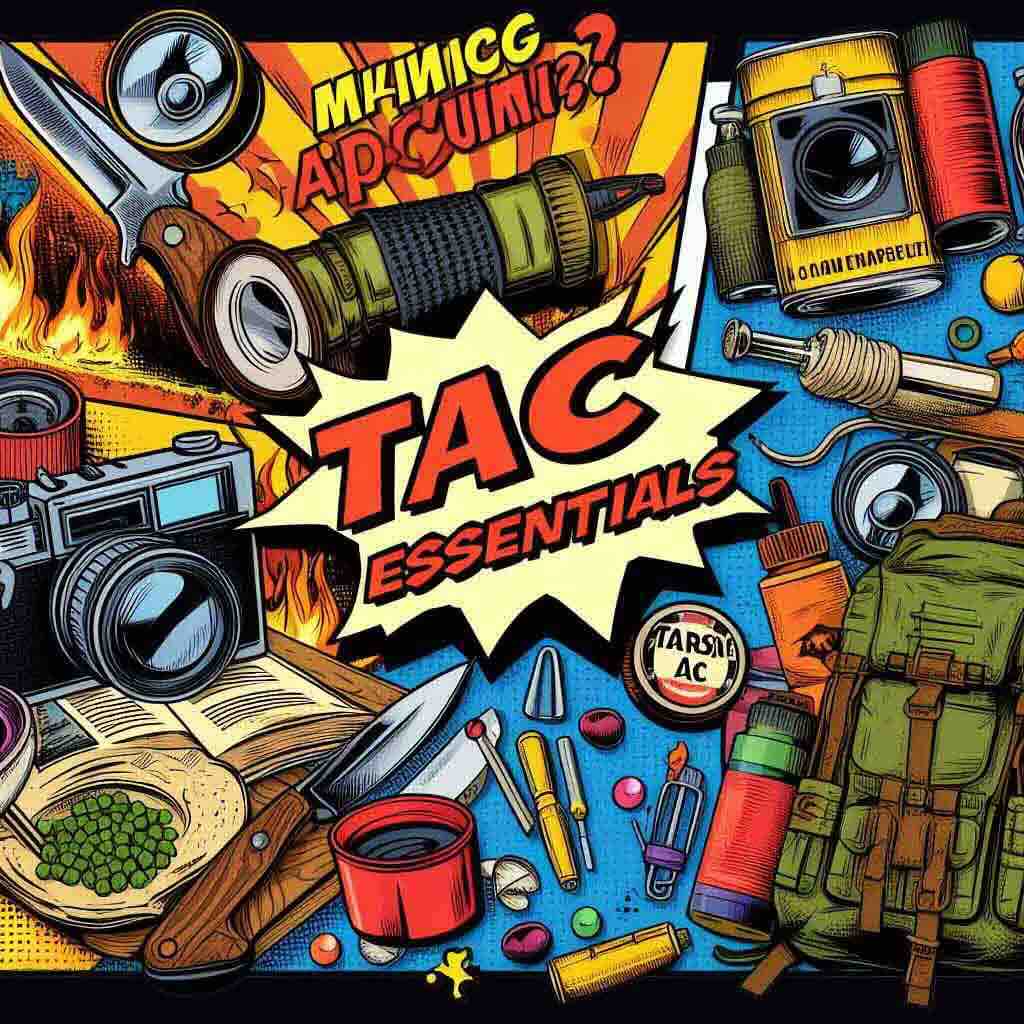Camping is an exhilarating escape from the hustle and bustle of daily life. Whether you're an outdoor enthusiast seeking rugged adventures or a nature lover yearning for tranquility, the time of year you choose for your camping trip can significantly impact your experience. From serene spring mornings to frosty winter nights, each season offers unique opportunities and challenges for camping enthusiasts. In this blog, we'll explore the best and worst times of year to go camping, helping you plan your next outdoor adventure with confidence.
The Best Times of Year for Camping:
Spring:
Spring breathes new life into the wilderness, making it an ideal time for camping. As nature awakens from its winter slumber, vibrant wildflowers bloom, and wildlife becomes more active. The weather is usually mild, with comfortable temperatures and fewer crowds compared to the peak summer season. Spring camping allows you to witness the beauty of nature's renewal while enjoying activities like hiking, birdwatching, and fishing.
Fall:
Fall is a favorite among many campers for its stunning foliage and crisp, cool air. As the leaves change color, the landscape transforms into a breathtaking mosaic of reds, oranges, and yellows. Campgrounds are often less crowded during the fall months, offering a peaceful retreat amidst nature's splendor. Plus, cooler temperatures make outdoor activities like hiking and bonfires even more enjoyable. Fall camping provides the perfect opportunity to cozy up in a sleeping bag and savor the sights and sounds of the season.
The Worst Times of Year for Camping:
Summer:
While summer may seem like the perfect time for camping, it comes with its own set of challenges. The peak summer months are characterized by scorching temperatures, high humidity, and crowded campgrounds. In popular destinations, securing a campsite can be a daunting task, and you may find yourself competing with hordes of other outdoor enthusiasts for space. Additionally, summer camping poses risks such as heat exhaustion, dehydration, and increased insect activity. While summer camping can still be enjoyable with proper preparation and planning, it's essential to be mindful of the potential drawbacks.
Winter:
Winter camping is not for the faint of heart. Frigid temperatures, heavy snowfall, and limited daylight hours present significant challenges for even the most experienced campers. While some adventurers relish the opportunity to embrace the solitude and serenity of winter wilderness, others may find the harsh conditions daunting. Winter camping requires specialized gear, such as insulated sleeping bags, cold-weather clothing, and sturdy tents designed to withstand snow and wind. Proper planning, survival skills, and knowledge of winter safety protocols are essential for a successful winter camping experience.
Selecting the best time of year for camping depends on various factors, including personal preferences, weather conditions, and desired activities. While each season offers its own unique charms and challenges, spring and fall are generally considered the best times for camping due to milder weather, fewer crowds, and opportunities to immerse oneself in nature's beauty. However, with careful planning and preparation, camping can be enjoyable year-round, regardless of the season. Whether you're basking in the warmth of a spring sunrise or braving the elements of a winter wonderland, each camping adventure is an opportunity to connect with the great outdoors and create lasting memories. So pack your gear, embrace the adventure, and discover the magic of camping in every season.



